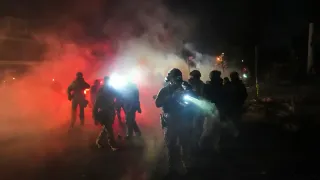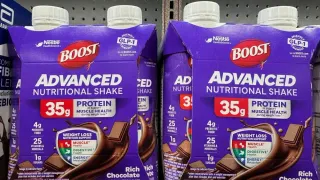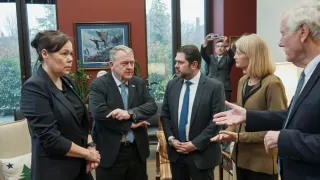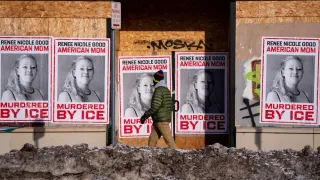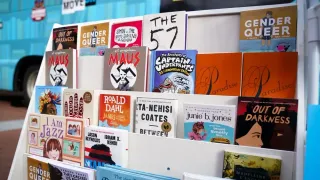December 27, 2014
Study: Marijuana Use Has Increased in Colorado
Bobby McGuire READ TIME: 2 MIN.
DENVER -- Colorado emerged as the state with the second-highest percentage of regular marijuana users as it began legalizing the drug, according to a new national study.
The Denver Post reports the study by the National Survey on Drug Use and Health found about 1 out of 8 Colorado residents older than 12 had used marijuana in the past month. Only Rhode Island topped Colorado in the percentage of residents who reported using pot as often, according to the study.
The study averaged state-specific data over two-year periods. It found that, for the 2011-2012 period, 10.4 percent of Colorado residents 12 and older said they had used pot in the month before being surveyed. That number jumped to 12.7 percent in the 2012-2013 data. That means about 530,000 people in Colorado use marijuana at least once a month, according to the results.
Nationally, about 7.4 percent of people 12 and older reported monthly marijuana use. That's an increase of about 4 percent.
In Washington state, which also legalized marijuana use and limited possession for adults, monthly pot use rose about 20 percent to 12.3 percent of people 12 and older.
The survey is among the first to quantify pot use in Colorado since late 2012, when voters approved legal pot use and possession for those over 21. But the survey did not analyze data from 2014, when recreational marijuana shops opened, which means it is not a good indication of the effect of commercial sales on marijuana use.
"I don't think this tells us about the long-term impacts of legalization," said University of California, Los Angeles, professor Mark Kleiman, who studies marijuana policy. The number of medical marijuana patients in Colorado rose over the same time period, so the results are not surprising, Kleiman said.
He told The Post that researchers will have a better idea about pot use in the first state to legalize recreational sales of the drug once they can focus on data showing how many people use pot daily.
"The fraction of people who are monthly users who are in fact daily users has gone way, way up," he said.
